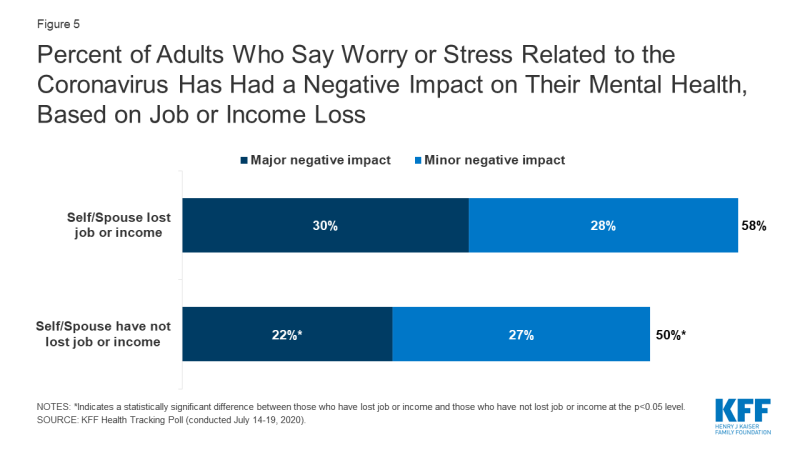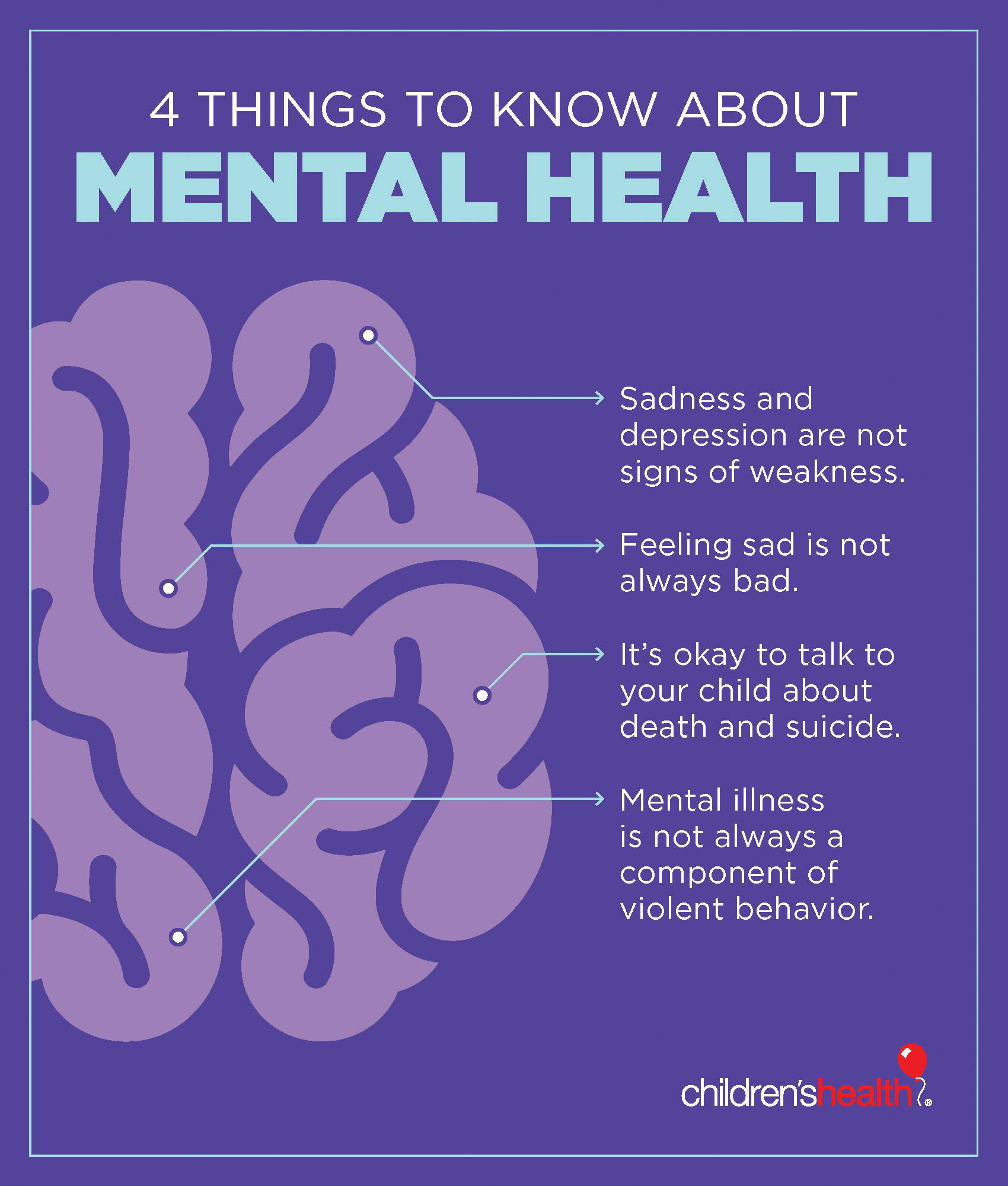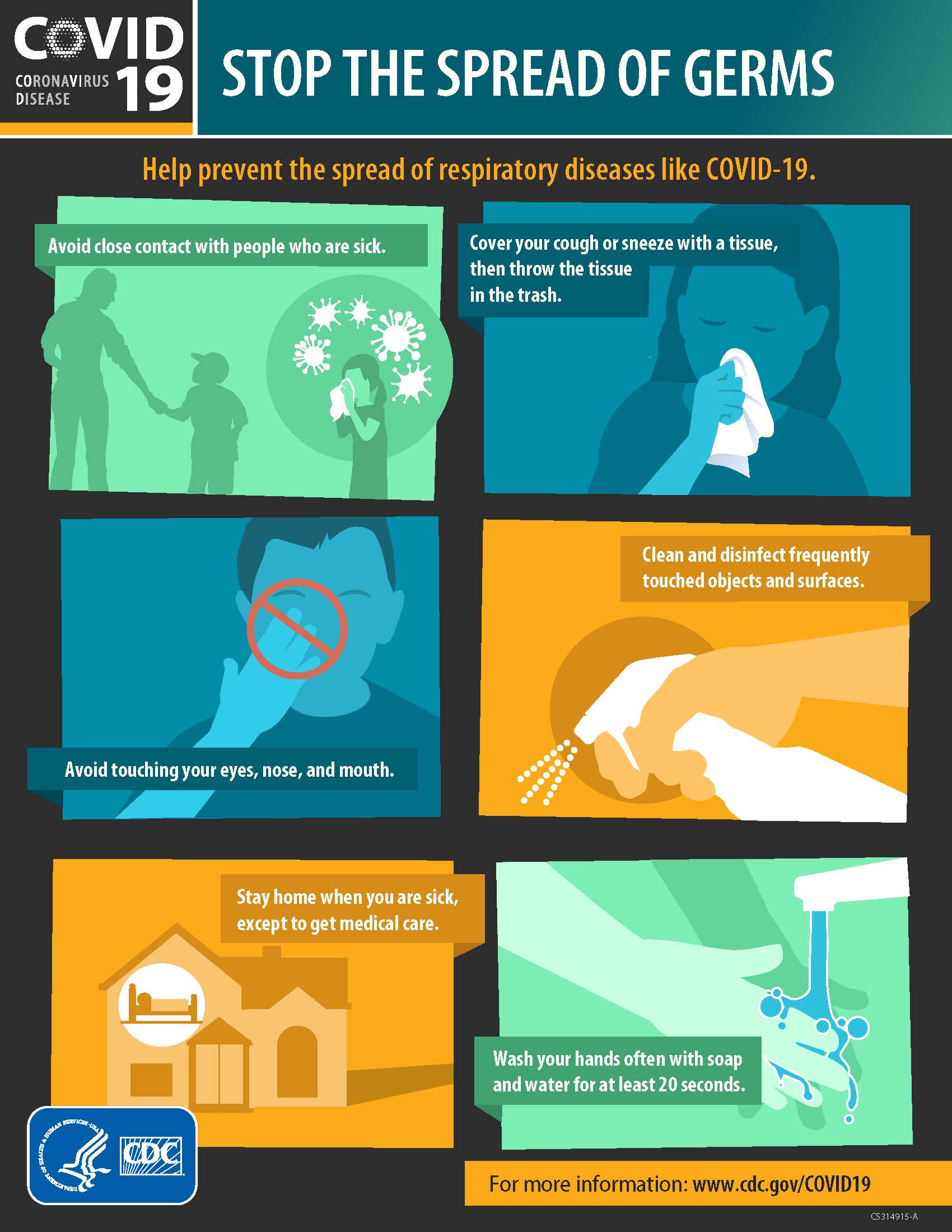At this time in the world, I think it is appropriate to assume that the majority of the population has heard something about the ongoing pandemic. COVID-19, coronavirus, SARS-CoV-2 . The names all sound different, but they mean the same thing….but what exactly does it mean? COVID-19 is a severe acute respiratory disease that is highly transmissible. What began as a “mysterious coronavirus-related pneumonia” in China reported on January 9th by the World Health Organization, is now responsible for 7,436,278 illnesses and 209,560 deaths in the United States alone, with plenty more reported cases in different countries around the world.  Symptoms involving difficulty breathing, muscle and body aches, headaches, losses of taste and smell, and fatigue are just a few signs that you have likely been infected with this lethal virus. We have been told to stay at home, to quarantine with loved ones, to wear a mask in public, and to wash our hands thoroughly as safety measures in order to combat the growing number of cases every day. Public health officials, medical professionals, and essential workers alike have all banded together to stop the spread, but how are people coping with all of these vast changes? What can be said about the state of our “new normal?” Although the physical effects of COVID-19 are extremely evident in the world right now, we often overlook symptoms that are not visible. When asked the question, “How are you doing?” it is so easy to plaster on a smile and respond with a simple “fine,” but when taking a closer look, things may not really be just “fine.” How is the mental state of the population living through this unimaginable time, and how can we help those who are mentally suffering in silence?
Symptoms involving difficulty breathing, muscle and body aches, headaches, losses of taste and smell, and fatigue are just a few signs that you have likely been infected with this lethal virus. We have been told to stay at home, to quarantine with loved ones, to wear a mask in public, and to wash our hands thoroughly as safety measures in order to combat the growing number of cases every day. Public health officials, medical professionals, and essential workers alike have all banded together to stop the spread, but how are people coping with all of these vast changes? What can be said about the state of our “new normal?” Although the physical effects of COVID-19 are extremely evident in the world right now, we often overlook symptoms that are not visible. When asked the question, “How are you doing?” it is so easy to plaster on a smile and respond with a simple “fine,” but when taking a closer look, things may not really be just “fine.” How is the mental state of the population living through this unimaginable time, and how can we help those who are mentally suffering in silence?

Well, the brief answer to that question is that a lot of the population is “not fine” and there is A LOT we can do for those suffering in silence. However, this issue requires a lot more than a brief answer, so let’s talk about the effects COVID-19 is having on our mental health. Amidst this pandemic, we have witnessed large amounts of loss whether that be in regards to human lives, employment opportunities, or normalcy and as a result, our population has become susceptible to large amounts of stress. According to a tracking poll conducted in July by the Kaiser Family Foundation, it was found that 53% of adults in the United States reported an decrease in their mental health while dealing with large amounts of worry and stress from the ongoing pandemic (Panchal et al., 2020). Stress causes a myriad of negative symptoms on the body including the development of depression and anxiety, prolonged activation of the immune system, heart illnesses, difficulty sleeping, and changes in behavior. As the COVID-19 pandemic persists, studies have found an increase in depression and anxiety rates throughout the country. While large populations, such as Public Health workers, have suffered from the stress of dealing with inadequate testing measures, limited treatment options, insufficient personal protective equipment and other important medical supplies such as ventilators, extended workloads, and a general overwhelm of the system in such a short period of time, many smaller populations have contributed to the increased reporting of stress (Pfefferbaum, 2020). Some smaller population studies explore the correlation between job losses due to the pandemic and increased depression, anxiety, distress and low self-esteem rates, while other studies focus on the impact of isolation in adults or adolescents on their mental health statuses (Panchal et al., 2020). Regardless of what the focus of the study may be, the inference that the COVID-19 pandemic has caused a large increase in the presence of mental health illnesses cannot be avoided.

So, what can we do about this? There are a lot of ways in which we can provide assistance for those struggling, beginning with the recognition of symptoms. If you or someone you love are struggling with falling asleep, concentrating, using or abusing alcohol or other substances, or are deteriorating in health, it is important to speak to someone whether that be a friend or a medical professional. The COVID-19 pandemic is stressful! Worrying about loved ones who may be essential workers or may have fallen ill to the disease is a lot to cope with on your own, therefore it is important to reach out to the resources at hand. It is crucial to know that you are absolutely NOT alone in this! Furthermore, it is always important to check in with those you believe may be struggling. You can do so by giving them a call, reminding them to take a break from any responsibilities they may have , ensuring they are getting proper exercise and sleep, and by asking them if they need anything, within reason, that you may be able to provide. In addition to checking in on your loved ones, it is important to check in with yourself as well. Not everything lands on your shoulders and there is no reason to believe that you are responsible for other people’s actions, so make sure to take some time to free yourself from your responsibilities as well. In addition to checking in on our loved ones, important policies and programs need to be created for communities in order to combat mental health illnesses. Education and training programs need to be provided to health system leaders, first responders, and health care professionals on psychosocial issues (Pfefferbaum, 2020). Furthermore, emergency response communities need to work together to identify and develop resources that can be related to mental health triage and referrals (Pfefferbaum, 2020). Lastly, it is important to integrate mental health practices as health care workers are already overworked in their efforts to combat the disease medically (Pfefferbaum, 2020).
, ensuring they are getting proper exercise and sleep, and by asking them if they need anything, within reason, that you may be able to provide. In addition to checking in on your loved ones, it is important to check in with yourself as well. Not everything lands on your shoulders and there is no reason to believe that you are responsible for other people’s actions, so make sure to take some time to free yourself from your responsibilities as well. In addition to checking in on our loved ones, important policies and programs need to be created for communities in order to combat mental health illnesses. Education and training programs need to be provided to health system leaders, first responders, and health care professionals on psychosocial issues (Pfefferbaum, 2020). Furthermore, emergency response communities need to work together to identify and develop resources that can be related to mental health triage and referrals (Pfefferbaum, 2020). Lastly, it is important to integrate mental health practices as health care workers are already overworked in their efforts to combat the disease medically (Pfefferbaum, 2020).

The COVID-19 pandemic has impacted so many people worldwide. This disease is ruthless and persistent and it is important now more than ever to band together in order to fight it. In order to decrease stress levels and the increasing rate of mental health illnesses, we need to listen to public health officials and follow the instructions laid out for our safety from organizations such as the Center for Disease Control and Prevention. It is important to practice safety methods such as wearing a mask while in public places, thoroughly washing your hands, social distancing, and leaving your home for essential things such as food and work to keep yourself and others healthy. No one person can combat this disease on their own, but a joint effort can create the ripple effect we need to end the spread and get back to some sense of normalcy again. Not everything will be the same, but so long as we emerge united, we can fight to take our lives back, together.



There are no comments yet...Kick things off by filling out the form below.